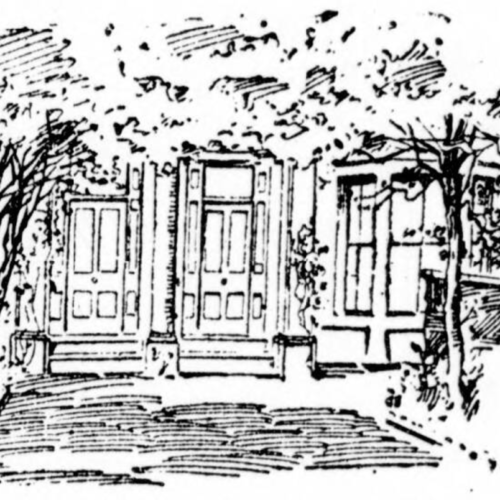

Order is our Basis; Improvement our Aim; and Friendship our Principle.
Annual Report of the Neighbourhood Guild, 1895
Leighton Hall Neighbourhood Guild was founded in 1889 by Stanton Coit, to provide education, social opportunities, and fellowship in the mould of the university settlement. Initially run in a rented schoolroom in Kentish Town, the Guild subsequently occupied two semi-detached houses in Leighton Crescent, backed by a small hall. Some of the participants at Leighton Hall went on to form the North London Ethical Society.
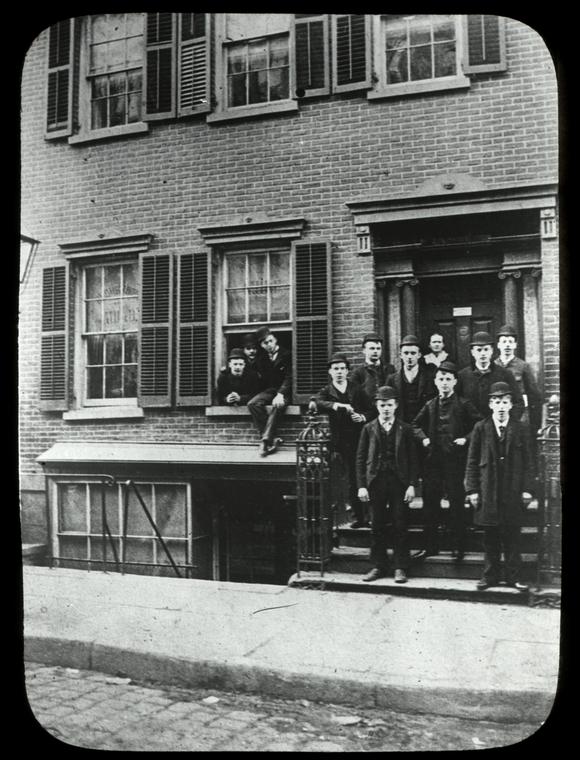
In New York in 1886, inspired by the model of London’s Toynbee Hall, Stanton Coit had founded the ‘Neighborhood Guild’ on Forsyth Street. This became the University Settlement, the first of its kind in the United States. Having accepted the position of leader at South Place, Finsbury, Coit sought to apply the principles of the neighbourhood guild in London. He believed that the prerequisite to radical social reform was the education and enlightenment of society’s citizens, particularly those among the working classes. As he wrote in his 1891 Neighbourhood Guilds: an instrument of social reform:
Whatever be the nature of the fundamental changes ultimately to be made in land-tenure, in taxation, and in the private ownership of the instruments of production, there must be a preliminary enlightenment of the great mass of the people in economic and social principles and aims, and a corresponding enthusiasm or disposition to bring about a juster order of life… The first step in social reform, if my psychology be correct, must be the conscious organisation of the intellectual and moral life of the people for the total improvement of the human lot.
Defining the concept of the Neighbourhood Guild, Coit wrote:
The very name… suggests the fundamental idea which this new institution embodies: namely, that, irrespective of religious belief or non-belief, all the people, men, women, and children, in any one street, or any small number of streets, in every working-class district in London, shall be organised into a set of clubs, which are by themselves, or in alliance with those of other neighbourhoods, to carry out, or induce others to carry out, all the reforms domestic, industrial, educational, provident, or recreative which the social ideal demands.
Through education and cooperation, Coit believed, members of the guild would be able to bring about the kind of social reform which would improve the lots of everyone. The individual guilds, and their wider network, could share knowledge of work opportunities and laws, and benefit from cultural opportunities (like choirs, theatre groups, and musical performances), and educational ones (namely lectures and discussions).
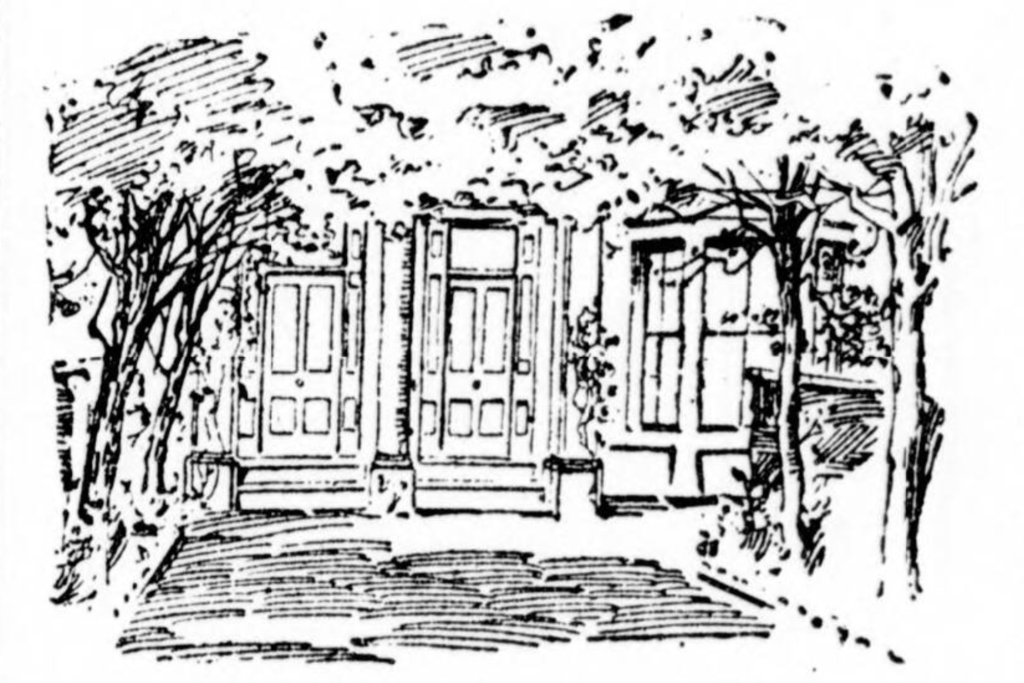
Coit began with a rented schoolroom in Kentish Town, and in autumn 1889 moved to premises in Leighton Crescent. Until his marriage to Fanny Adela Wetzlar in 1898, Coit himself lived there, hoping to foster a community of idealistic university graduates, alongside a thriving Neighbourhood Guild. By 1892, Coit could boast ‘five clubs’ and ‘230 members of all ages, representing less than one hundred families’. In addition, the Guild had founded ‘a Circulating Library, Sunday Afternoon Free Concerts, Sunday Evening Lectures, Saturday Evening Dances for members, a Choral Society, and fifteen to twenty classes in various branches of technical and literary education’. In an 1895 report, the Guild described its ‘underlying influences’, evident in every area of its work, as:
… binding friend to friend, helping towards the realisation of the duties of citizen to citizen, of the possibility of healthy pleasure without selfishness, of the deeper and soberer joys of life, of the power in co-operation, of the sweetening of life by a common life.
The Leighton Hall Neighbourhood Guild was dissolved in 1902, but its Young Men’s and Young Women’s Clubs continued, initially as part of the St. Pancras Ethical Society (which became the North London Ethical Society), and for five years independently following NLES’ dissolution in 1911.
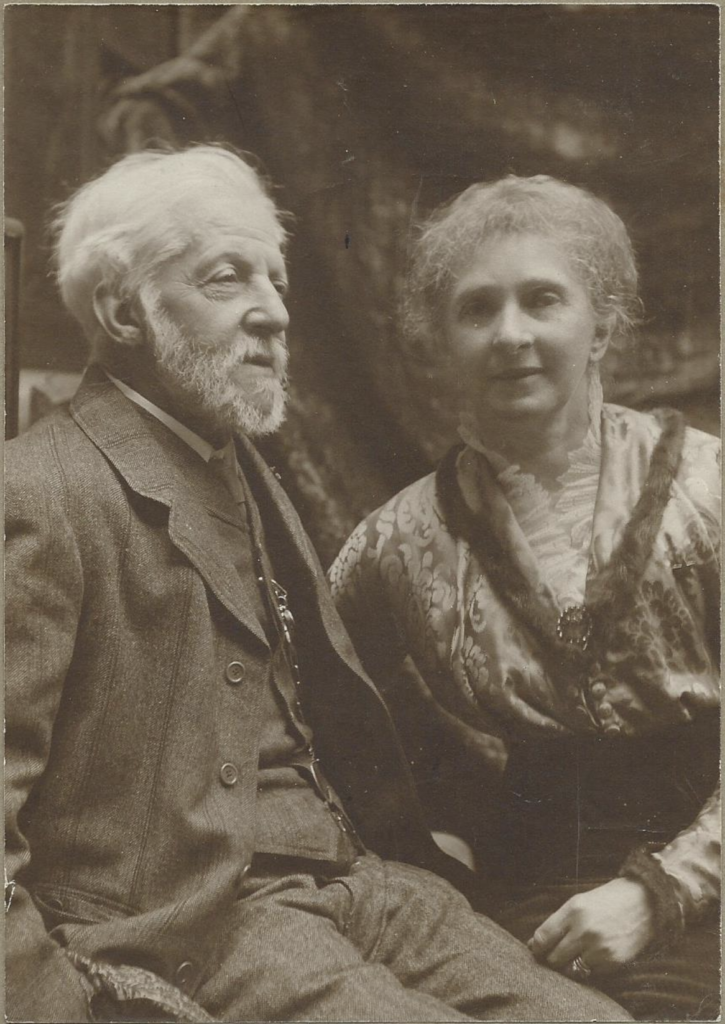
Neighbourhood Guilds: an instrument of social reform by Stanton Coit
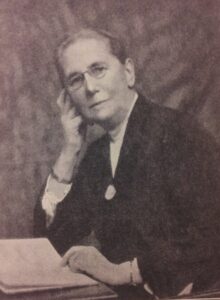
When we are asked to believe that nothing but a supernatural ideal can inspire and sustain a life-time of complete […]
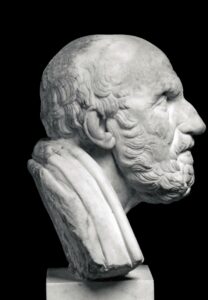
Chrysippus (or Chrysippos) of Soli was a Greek Stoic philosopher. Although Chrysippus believed in fate, divination, and gods, he believed […]
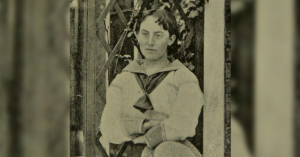
Those who, like myself, are in communication with the advanced thought and thinkers throughout the world know that hundreds —nay, […]
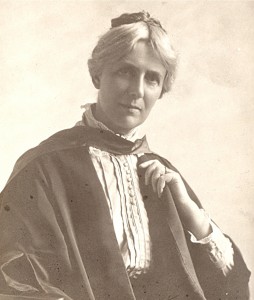
Mackenzie Hall is a community space in the village of Brockweir, Gloucestershire, given by Millicent Mackenzie in memory of her […]